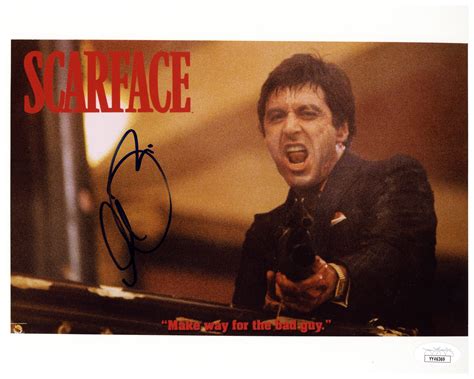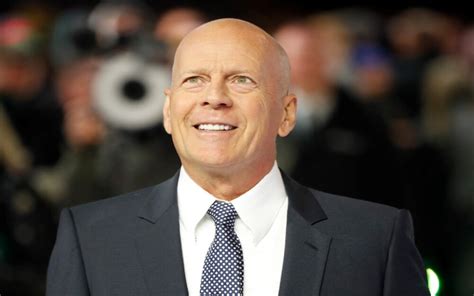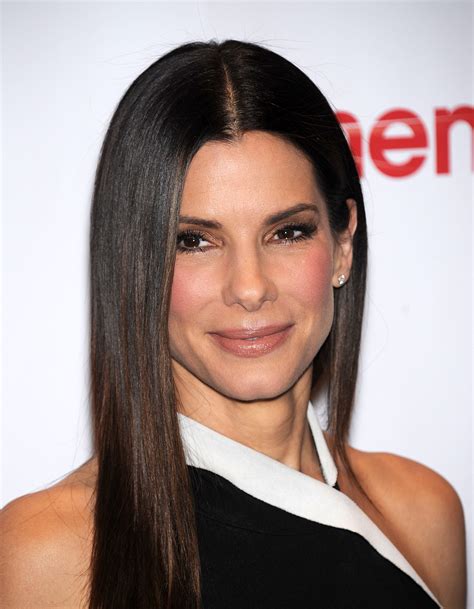Explore the early life, breakout role in ‘The Godfather’, critically acclaimed performances, and directorial work of this influential figure’s legacy.
Early Life and Career
Contents
Al Pacino, the legendary actor, was born on April 25, 1940, in East Harlem, New York City. He was raised by his mother and grandparents, as his parents had divorced when he was just two years old. Pacino’s interest in acting was sparked during his teenage years, and he attended the High School of Performing Arts in New York City, where he honed his craft.
After high school, Pacino studied at the Actors Studio, where he was mentored by renowned acting coach, Lee Strasberg. He would go on to become one of the most well-respected method actors of his generation. Pacino began his career on the stage, performing in numerous Off-Broadway productions before making the transition to film and television.
His breakthrough came when he landed the role of Bobby in the Broadway play The Indian Wants the Bronx, which earned him a Tony Award. This led to Pacino being cast in the 1972 film adaptation of The Godfather, directed by Francis Ford Coppola, which catapulted him to superstardom.
Throughout his career, Pacino has displayed his versatility as an actor, taking on a wide range of roles across different genres. His dedication to his craft and his ability to bring complex characters to life has earned him numerous accolades, including an Academy Award for Best Actor.
Breakout Role in ‘The Godfather’
In 1972, Al Pacino secured his place in cinematic history with his breakout role as Michael Corleone in the film The Godfather. Pacino’s portrayal of the complex character catapulted him to stardom and garnered critical acclaim. Michael Corleone’s journey from a reluctant member of the Corleone crime family to a ruthless leader showcased Pacino’s range as an actor and solidified his status as a Hollywood heavyweight.
Throughout the film, Pacino masterfully navigates the intricacies of Michael’s internal struggle, portraying both vulnerability and resilience. His performance in The Godfather earned him an Academy Award nomination for Best Supporting Actor, a testament to his exceptional talent and dedication to his craft. Pacino’s portrayal of Michael Corleone continues to be revered as one of the most iconic and influential characters in cinematic history, solidifying his standing as a legend in the film industry.
With his mesmerizing performance, Pacino captivated audiences and critics alike, leaving an indelible mark on the world of cinema. His portrayal of Michael Corleone in The Godfather cemented his reputation as a versatile and formidable actor, setting the stage for an illustrious career filled with remarkable performances and enduring influence.
Critically Acclaimed Performances
One of the greatest actors of his generation, Al Pacino has delivered a number of critically acclaimed performances throughout his career. His intense and captivating portrayal of characters has earned him numerous accolades and cemented his status as a Hollywood legend.
One of Pacino’s most iconic performances was in the 1973 film Serpico, where he portrayed the real-life NYPD officer Frank Serpico. His raw and emotional depiction of Serpico’s struggles against police corruption garnered widespread praise and earned him an Academy Award nomination for Best Actor.
In 1975, Pacino starred in Dog Day Afternoon, a film based on a true story about a bank robbery gone wrong. His portrayal of the desperate and complex character Sonny Wortzik earned him his fourth Academy Award nomination and solidified his reputation as a master of his craft.
Another standout performance came in the form of the 1992 film Scent of a Woman, where Pacino played a blind, retired Army officer. His mesmerizing performance earned him his first Academy Award for Best Actor, finally recognizing his extraordinary talent and contribution to the film industry.
Pacino’s ability to immerse himself in a wide range of characters and bring them to life with depth and authenticity has left an indelible mark on cinema. His critically acclaimed performances continue to inspire and captivate audiences around the world, making him a true icon of the silver screen.
Directorial and Producing Work
Aside from his work as an actor, Al Pacino has also made significant contributions to the film industry as a director and producer. In 1996, Pacino made his directorial debut with the film Looking for Richard, a documentary about Shakespeare’s Richard III. The film explores the process of acting and the challenges of bringing Shakespearean plays to a modern audience.
Following the success of Looking for Richard, Pacino went on to direct and produce the film Chinese Coffee in 2000. This independent film marked Pacino’s return to the director’s chair and showcased his talent behind the camera.
In addition to his directorial work, Pacino has also ventured into producing. He served as an executive producer for the award-winning film The Merchant of Venice in 2004. This adaptation of Shakespeare’s play saw Pacino taking on the role of Shylock and was critically acclaimed for its powerful performances and compelling storytelling.
Throughout his career, Pacino’s work as a director and producer has demonstrated his commitment to exploring the craft of filmmaking and bringing stories to life on the big screen. His unique perspective and dedication to the art of storytelling have solidified his legacy as a multifaceted talent in the entertainment industry.
Influence and Legacy
Al Pacino is a legendary figure in the world of film and has left a lasting impact on the industry. His influence and legacy can be seen in the multitude of actors and filmmakers who have been inspired by his work. Throughout his career, Pacino’s dedication to his craft and ability to inhabit complex characters has set a high standard for future generations of performers.
His impact on the art of acting is immeasurable. His intense and authentic performances have garnered him critical acclaim and a dedicated fan base. Many aspiring actors look to Pacino as a role model, eager to emulate his transformative approach to character portrayal. His ability to bring depth and vulnerability to his roles has set a new standard for what it means to truly inhabit a character.
Furthermore, Al Pacino’s legacy extends beyond his individual performances. His work has helped to redefine the genre of crime and gangster films. His portrayal of characters like Michael Corleone in The Godfather has set the bar for the complexity and depth that audiences expect from their antiheroes. Many films and TV shows in the crime genre continue to be influenced by Pacino’s work.
Additionally, Pacino’s impact can be seen in the way that he has used his platform to advocate for meaningful change in the industry. His dedication to important social issues and support for emerging talent has solidified his status as a respected figure in the film world. This legacy will continue to inspire future generations of actors and filmmakers to push the boundaries of their art.












